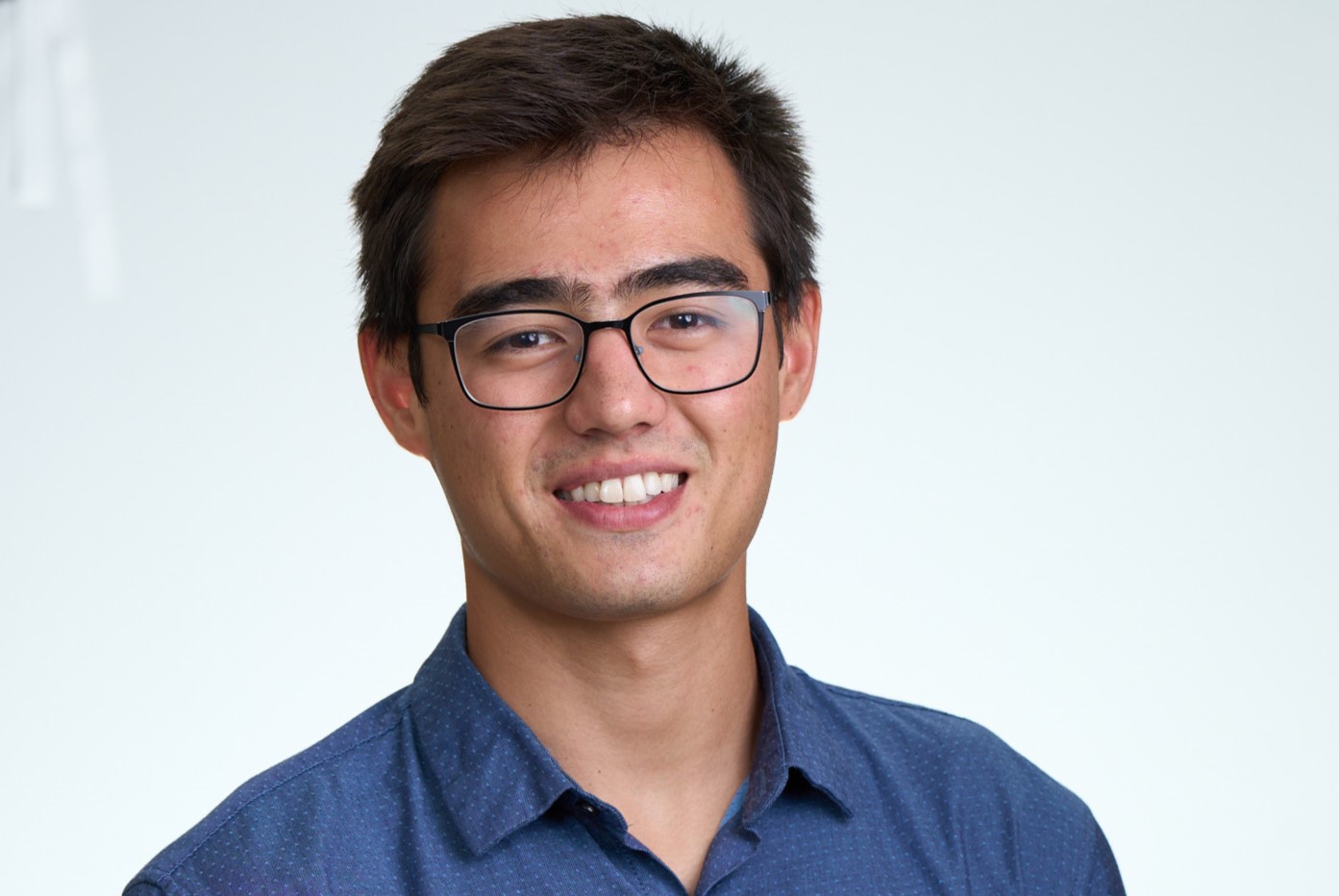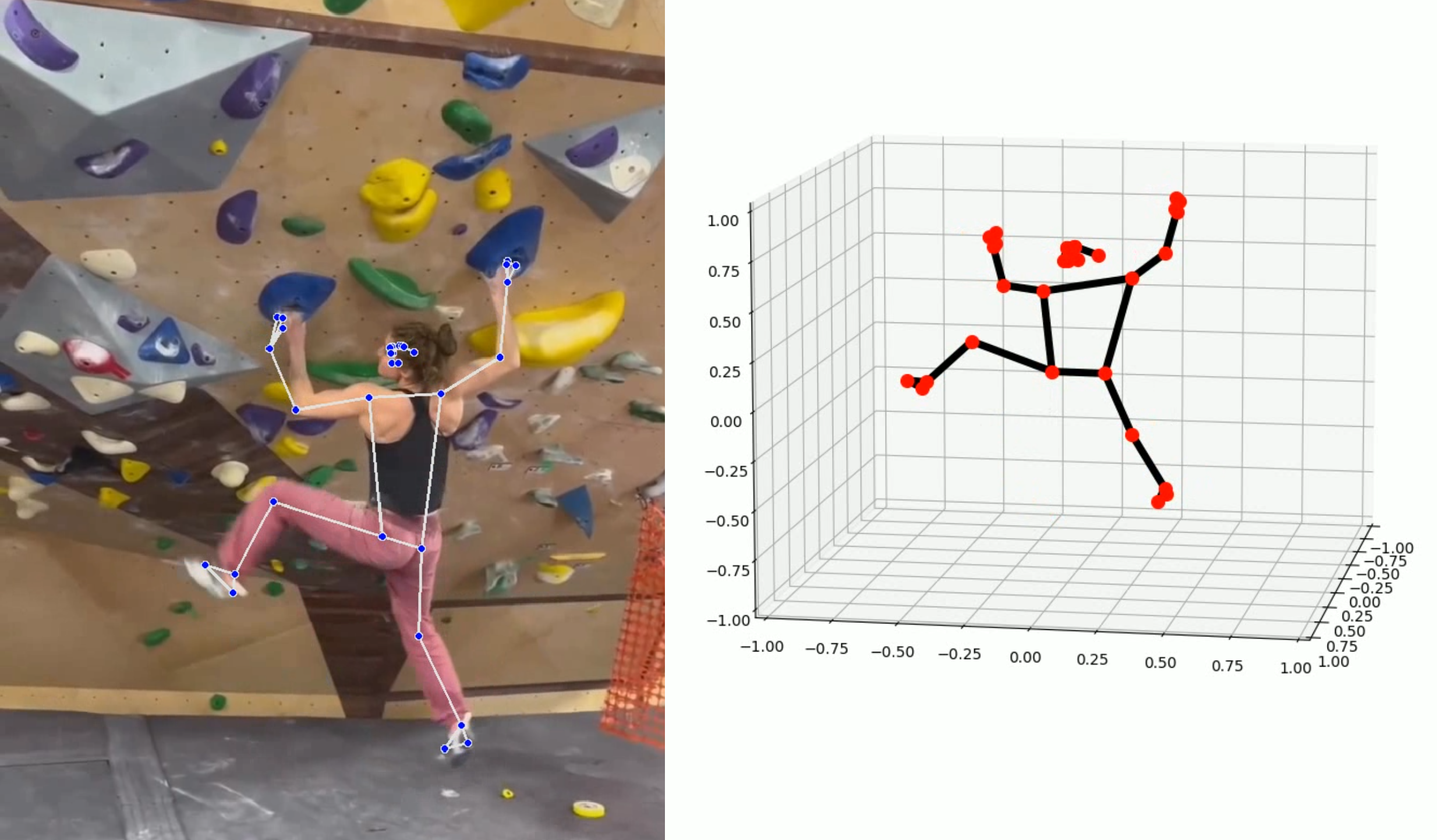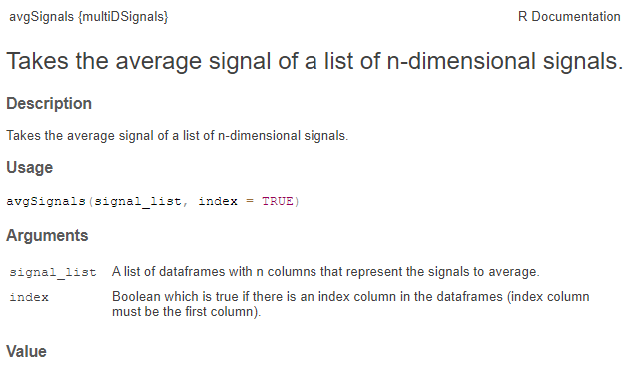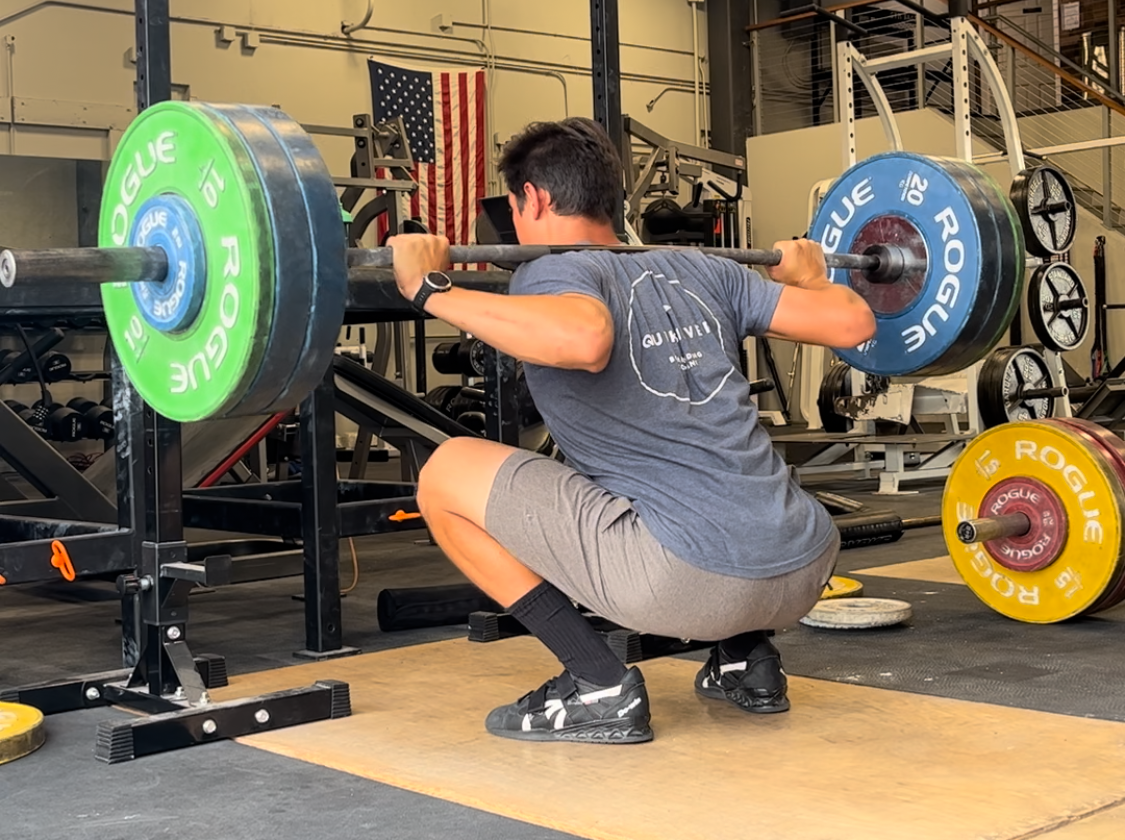
About
Attending Boston University for a Masters in Robotics with an undegraduate degree in statistics and finance. I'm fascinated with learning and am excited to develop robust learning-based systems in robotics, agriculture, finance, health, or any other high impact field that has the power to shape our future.
Strong programming skills in Python, R, C++, and SQL with an aptitude for learning other languages easily. In-depth experience with PyTorch, data pipelines, cloud computing, modeling and simulation, git and version control, and Linux.
I pride myself in my work ethic and ability to learn quickly. I enjoy difficult and interesting problems that require creativity as well as working with a team that is passionate and cohesive.
GitHubWhat I'm Working on Now
Fall Semester Classes
Robot learning - ENGEC 518
This class covers advanced computer vision and robot learning for real-world systems. Topics include reinforcement, inverse reinforcement, imitation, human-in-the-loop and social learning, perception-based control, sensori-motor navigation, affordance-based and goal-directed representations.
Robot Motion Planning - ENGME 570
This class overviews and implements the most prominent path planning techniques from the past 30 years. Covers potential functions, graphs (roadmaps and cell decompositions), sampling methods, and modeling and localization techniques.
Intro to Robotics - ENGEK 505
Provides the foundation for the study of robotics and autonomous systems. Orients us within the field and gives an understanding of where the field is at right now.
Spring Semester Classes (Tentative)
Deep Learning - CASCS 523
Mathematical and machine learning background for deep learning. Feed-forward networks, backpropagation, and training strategies. Covers convolutional, recurrent, transformer networks, deep reinforcement learning, and deep unsupervised learning.
Cloud Computing - ENGEC 528
Fundamentals of cloud computing covering IaaS platforms, OpenStack, key Big Data platforms, and data center scale systems. Examines influential publications in cloud computing. Culminates in a group project supervised by a mentor from industry or academia.
Intro to Embedded Systems - ENGEC 535
This course introduces students to a unified view of hardware and software in embedded systems. The lectures will survey a comprehensive array of techniques including system specification languages, embedded computer architecture, real-time operating systems, hardware-software codesign, and co-verification techniques. The lectures will be complemented by assignments and projects that involve system design, analysis, optimization, and verification.




